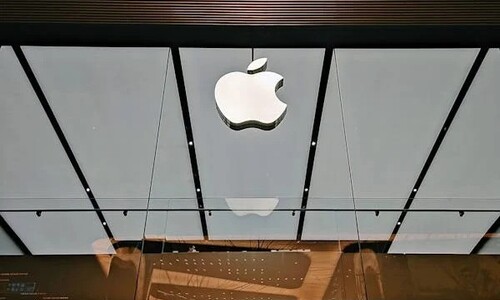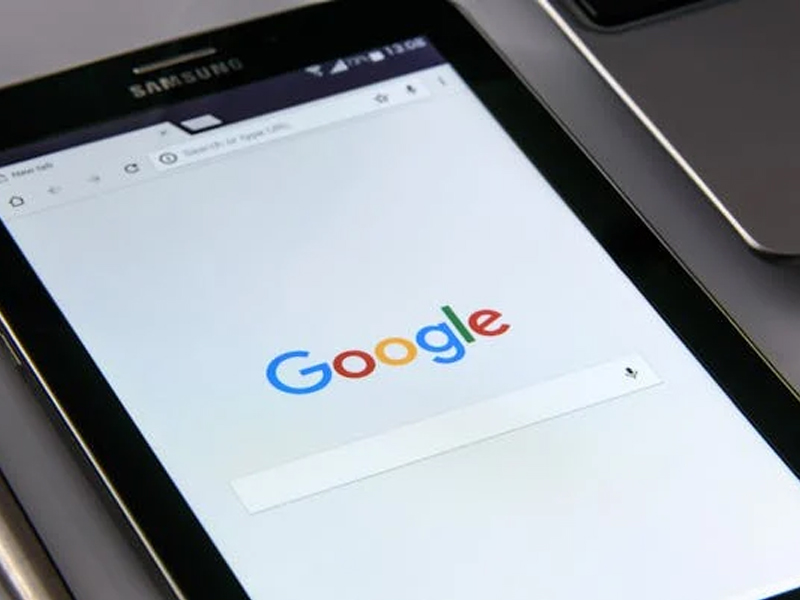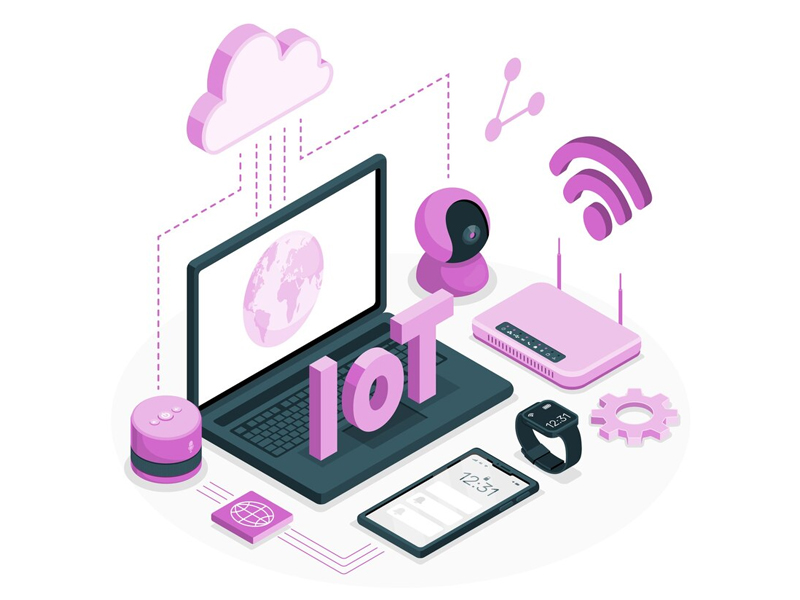Is Apple Squeezing the Competition? US Antitrust Lawsuit Takes Aim at iPhone Giant

Tech news
The DOJ’s Case: Accusations of a Stifled Market
The central argument of the DOJ’s lawsuit rests on the claim that Apple has established a near-monopoly in the smartphone market, particularly for high-end devices. This dominance, the lawsuit argues, stems from Apple’s control over several key aspects of the iPhone experience:App Store
The lawsuit alleges that Apple’s strict App Store guidelines and hefty commission fees create an unfair advantage for Apple’s own apps and services, while disincentivizing developers from creating competitive alternatives.Closed Ecosystem
The DOJ argues that Apple’s walled garden approach, where users are heavily incentivized to stay within the iOS ecosystem for payments, music, and other services, stifles innovation and consumer choice.Limited Hardware Compatibility
The lawsuit points out that Apple’s restrictions on third-party hardware repairs and accessories make it more expensive and difficult for consumers to switch from iPhones to competing devices. The DOJ contends that these practices have resulted in:Higher smartphone prices
With limited competition, consumers may be paying more for iPhones than they would in a truly competitive market.Reduced innovation
The lawsuit argues that Apple’s dominance discourages other companies from investing in smartphone innovation, potentially slowing down technological advancements.Decreased consumer choice
By limiting access to alternative app stores and services, consumers may have fewer options and less control over their devices.Apple’s Response: Defending Its Ecosystem

Apple has vehemently denied the DOJ’s accusations. The company argues that its approach to hardware, software, and services is what creates a seamless and secure user experience, which is the core of its success. Here are some key points from Apple’s defense:
Focus on User Experience
Apple maintains that its tight control over the iPhone ecosystem allows them to optimize hardware and software for best performance and user experience, something that wouldn’t be possible with fragmented ecosystems.Security and Privacy
Apple emphasizes its commitment to user privacy and security, arguing that a more open platform could expose users to vulnerabilities.App Store Benefits Developers
While acknowledging the commission fees, Apple points out that the App Store provides developers with a global platform to reach millions of users, facilitates secure transactions, and offers valuable resources.The Road Ahead: Legal Battles and Industry Repercussions
The DOJ’s lawsuit against Apple promises to be a long and complex legal battle. It could potentially reshape the landscape of the smartphone market in the US, with implications for both consumers and developers. Here are some potential outcomes:Forced Changes at Apple
The lawsuit could result in court-mandated changes to Apple’s business practices, including loosening App Store restrictions or allowing alternative app stores on iPhones.Ripple Effects on the Industry
If Apple loses the lawsuit, it could set a precedent and trigger similar antitrust investigations against other tech giants with dominant market positions.Shift in Consumer Choice
A more open iPhone ecosystem could lead to a wider range of app options and potentially lower smartphone prices for consumers.The Debate Continues: Beyond the Lawsuit
The DOJ’s lawsuit against Apple reignites a broader conversation about the power of big tech companies and the potential for anti-competitive practices. The following questions will likely be debated for some time to come:How much control is too much?
Striking a balance between user security and a truly open platform is a complex challenge.Does innovation suffer in dominant ecosystems?
Should tech giants be required to ease restrictions to encourage competition?Who benefits most from a competitive smartphone market?
Ultimately, the goal is to ensure consumers have access to a wide range of options at fair prices. The US vs. The Apple case is just the beginning of what could be a major shift in the smartphone industry. Let’s wait and watch what happens.You Might Be Interested In:
- Click, Buy, Pollute? Environmental Impact of Online Shopping and Ways for Sustainable E-commerce
- The High Price of Crypto: Environmental Cost of Mining and Solutions for a Greener Future
- Gemini Evolves: Your AI Assistant on the Go with the New Overlay Feature
- Cloud Storage: Powering Progress or Polluting the Planet?
Frequently Asked Questions?

01
Tech news
Click, Buy, Pollute? Environmental Impact of Online Shopping and Ways for Sustainable E-commerce
Apr 26, 2024

01
Blockchain
The High Price of Crypto: Environmental Cost of Mining and Solutions for a Greener Future
Apr 25, 2024

01
AI & ML
Gemini Evolves: Your AI Assistant on the Go with the New Overlay Feature
Apr 24, 2024

01
Internet of Things
Gearing Up for a Connected Tomorrow: Top Trends Shaping the Future of IoT
Apr 21, 2024
SUSBSCRIBE TO OUR NEWSLETTER
Join our subscribers list to get the latest news and special offers.
Click, Buy, Pollute? Environmental Impact of Online Shopping and Ways for Sustainable E-commerce
The High Price of Crypto: Environmental Cost of Mining and Solutions for a Greener Future
Gemini Evolves: Your AI Assistant on the Go with the New Overlay Feature
Cloud Storage: Powering Progress or Polluting the Planet?